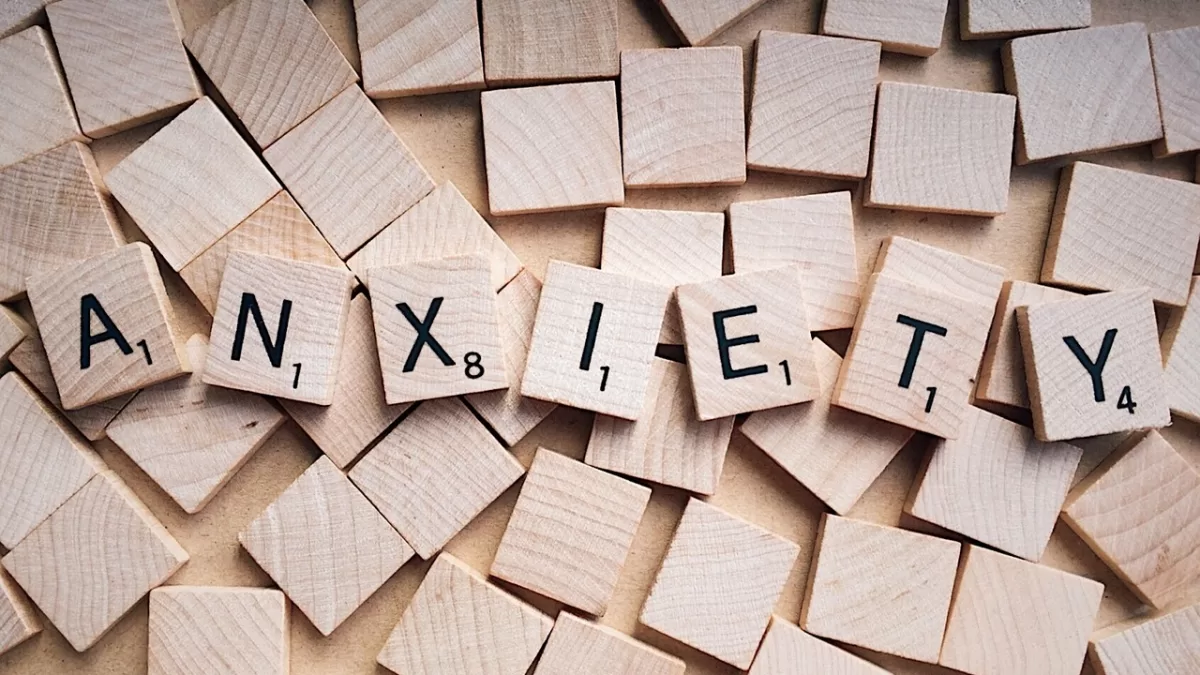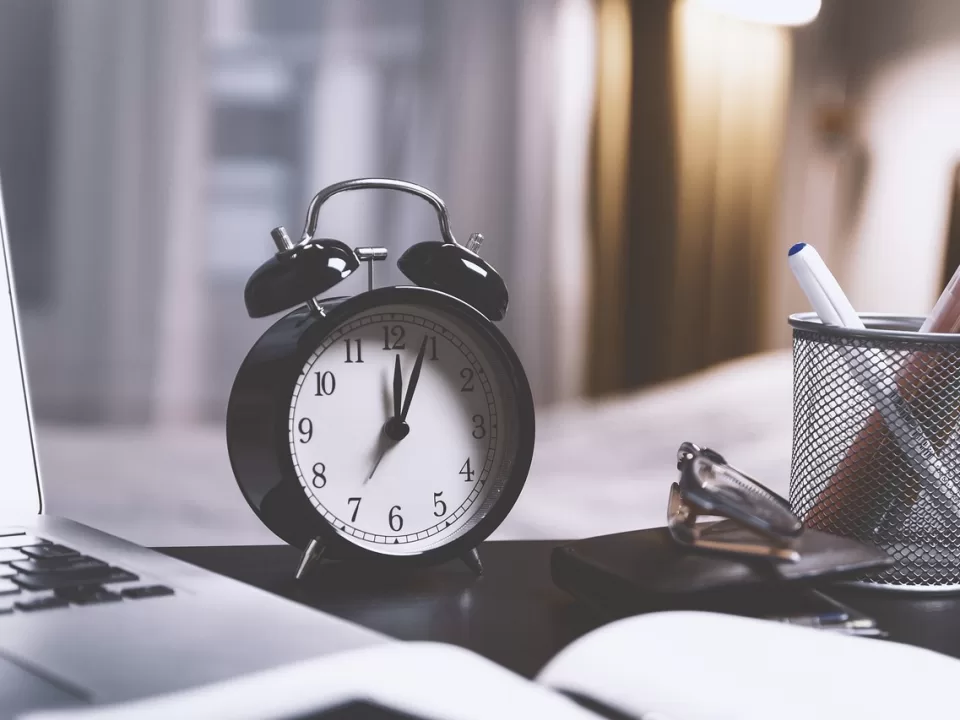- Have any questions
- Info@Ratedtherapy.com

Feeling Lonely
January 8, 2023
Depression
January 10, 2023Anxiety is a feeling of worry or fear that can be mild or severe. Everyone experiences anxiety from time to time, but for some people, anxiety can be overwhelming and can interfere with their daily lives. Symptoms of anxiety can include feeling nervous, having a sense of impending danger or panic, having a rapid heartbeat, sweating, and difficulty concentrating.
There are several warning signs that you may have anxiety, including:
- Feeling nervous, restless, or tense most of the time
- Having a sense of impending danger, panic, or doom
- Having an increased heart rate or rapid breathing
- Sweating or trembling
- Feeling weak or tired
- Difficulty concentrating or thinking about anything other than the present worry
- Having difficulty falling or staying asleep
- Experiencing gastrointestinal problems
- Avoiding situations that trigger anxiety
It’s completely normal to feel anxious from time to time, especially when facing a challenging or stressful situation. It’s a natural response that helps us stay alert and focused. However, if anxiety is overwhelming or occurs frequently, it can be difficult to cope with and can interfere with daily life. Here are some things that may help someone feel less anxious:
So, what can we do to help mitigate / reduce the adverse effects of anxiety. Well, luckily there are several behavioural techniques that we can use that can help reduce anxiety:
- Challenge negative thoughts: One way to reduce anxiety is to identify and challenge negative thoughts and beliefs that contribute to your anxiety. This can help you realise that your anxiety is being fuelled by irrational thoughts, and that you can choose to think more realistically and positively.
- Use relaxation techniques: Relaxation techniques such as deep breathing, progressive muscle relaxation, and mindfulness meditation can help reduce anxiety by calming the mind and body.
- Gradually expose yourself to your fears: If you’re anxious about a specific situation, it can be helpful to gradually expose yourself to that situation in a controlled and safe way. This technique is known as “exposure therapy” and can help you build confidence and overcome your anxiety.
- Practice good self-care: Taking care of your physical and emotional health can go a long way in reducing anxiety. This includes getting enough sleep, eating a healthy diet, exercising regularly, and finding healthy ways to manage stress.
- Seek support: Finally, it can be helpful to talk to a mental health professional or join a support group for people with anxiety. Getting support and guidance from others who understand what you’re going through can be an important part of managing your anxiety.
Please note, If you are experiencing anxiety that is severe or is interfering with your daily life, it is important to talk to a doctor or mental health professional. They can help you learn coping strategies and get treatment if needed. Remember that seeking help for anxiety is a sign of strength, not weakness. It takes courage to face your fears and to ask for help when you need it.



